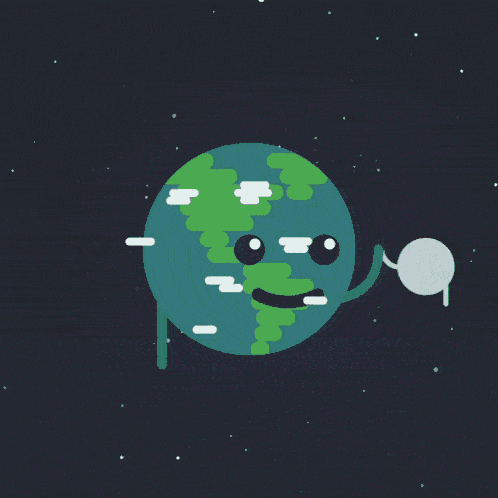
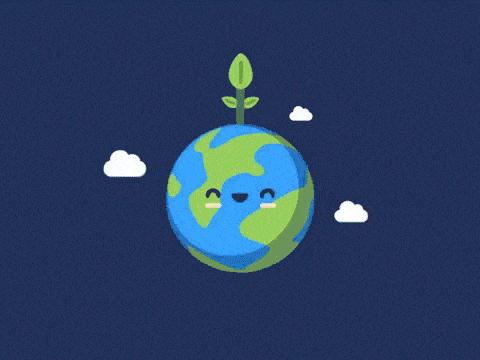
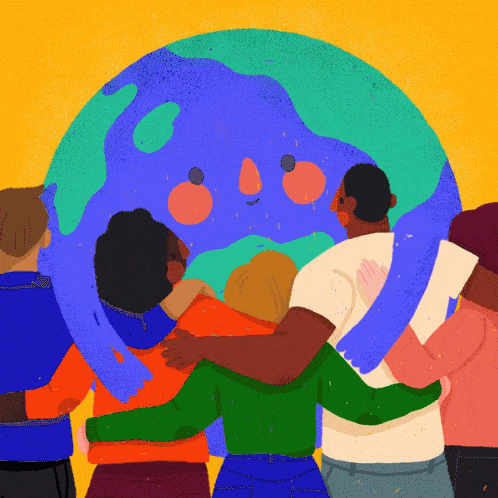

Hey everyone! On April 22, we celebrate Earth Day. As this date was a few days ago, we have prepared the Earth Day Quiz that tests your knowledge about our planet! Check how many facts you know and how many points you can get!
Take our new geography quiz – The Ultimate Flags Of The World Quiz!
Earth Day is an annual event on April 22 to demonstrate support for environmental protection. First held on April 22, 1970, it now includes a wide range of events coordinated globally by EarthDay.org including 1 billion people in more than 193 countries. The official theme for 2022 was Invest In Our Planet.
In 1969 at a UNESCO Conference in San Francisco, peace activist John McConnell proposed a day to honor the Earth and the concept of peace, to first be observed on March 21, 1970, the first day of spring in the northern hemisphere. This day of nature’s equipoise was later sanctioned in a proclamation written by McConnell and signed by Secretary-General U Thant at the United Nations.
A month later, United States Senator Gaylord Nelson proposed the idea of holding a nationwide environmental teach-in on April 22, 1970. He hired a young activist, Denis Hayes, to be the National Coordinator. Nelson and Hayes renamed the event “Earth Day”. Denis and his staff grew the event beyond the original idea for a teach-in to include the entire United States.
More than 20 million people poured out on the streets, and the first Earth Day remains the largest single-day protest in human history. Key non-environmentally focused partners played significant roles. Under the leadership of labor leader Walter Reuther, for example, the United Auto Workers was the most instrumental outside financial and operational supporter of the first Earth Day.
According to Hayes, “Without the UAW, the first Earth Day would have likely flopped!” Nelson was later awarded the Presidential Medal of Freedom award.
The day on which we celebrate Earth Day is not coincidental. For on April 22 we are at the moment of the vernal equinox in the northern hemisphere, or the day of the autumnal equinox in the southern hemisphere. This means that all over the planet the day lasts as long as the night. In various cultural beliefs, the equinoxes were given special significance.
The spring equinox in ancient agricultural cultures was associated with a celebration of nascent life. There are also myths that show that the time of the equinox is the moment when the boundary between the world of the living and the dead opens. In modern times, it is emphasized that it is a day of a kind of balance that can help reject mutual differences between people.
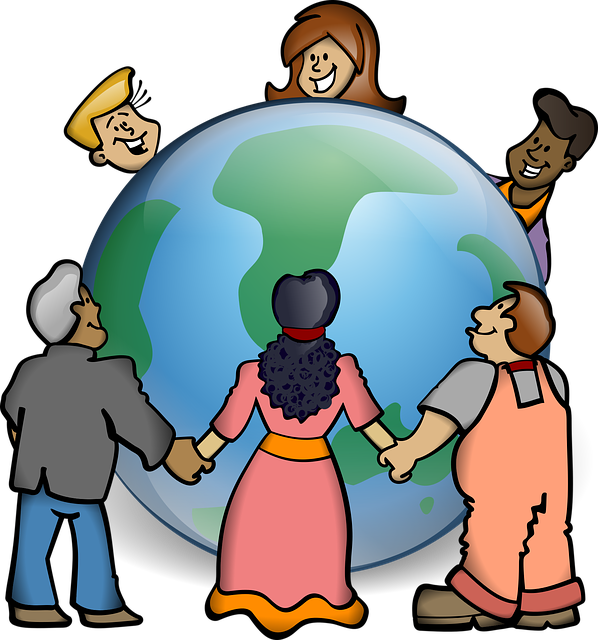
Do you want to find out who you were in your previous life? Take our Previous Life Quiz and check it out!
Earth Day is celebrated around the world reminding us that we are all simply inhabitants of the Earth, so we should take care of our planet and support each other. Earth Day also aims to draw the attention of the public and politicians to current problems and threats to our planet Earth.
Earth Day improves education in this area and allows us to make further changes. In many countries, thematic actions are organized to make the public aware of the great changes in the planet’s ecosystem caused by human activity.
While this sounds like a good tradition, there are critics of Earth Day who note some of the drawbacks the event has. Critics believe that instead of promoting long-term action on behalf of the planet, it has become a one-day stunt, during which picking up a bag of trash or planting a tree becomes an excuse and justifies non-environmental activities for the rest of the year.
What do you guys think? Do you engage in various events on April 22?
As mentioned, Earth Day is a tradition that has been going on for many years. Throughout this time, people have come up with various ideas for celebrating Earth Day. We have prepared some interesting facts for you to increase your knowledge about Earth Day and better prepare for our Earth Day Quiz . Are you ready to become even smarter?
· President Richard Nixon planted a tree in front of the White House to celebrate Earth Day.
· There is an official Earth Day flag that features the globe as seen from space from a photo taken in 1972 by the Apollo 17 crew.
· Earth Day has become a global movement mobilizing 200 million people in 141 countries to take action.
· In 1995, Michael Jackson recorded the song “Earth Song” dedicated to our planet.
· In 2000, Leonardo DiCaprio became an ambassador for climate change action.
· Google’s Earth Day browser greets users with an alternative version of its logo.
· On Earth Day, more than 250,000 volunteers encouraged by the Isha Foundation planted more than 850,000 tree seedlings setting a Guinness World Record.
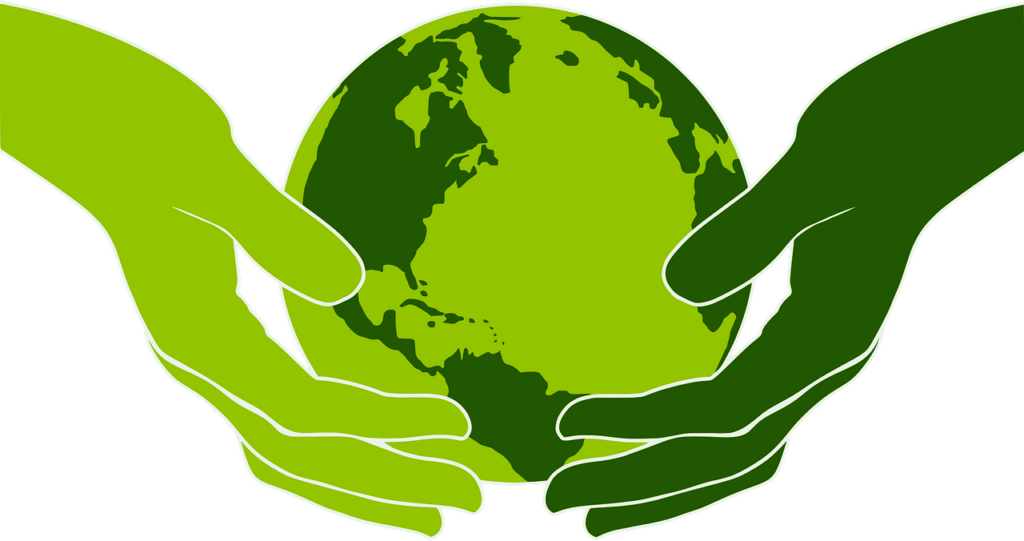
· In 2007 the largest Earth Day celebration to date was held. According to official figures, about one billion people participated.
· In 2009, to mark Earth Day, Disney released a documentary film entitled Earth.
· Thanks to Earth Day, 100 endangered orchid species were planted in Panama to prevent their extinction.
· In China, more than 100,000 people rode bicycles in celebration of Earth Day to save fuel and reduce carbon emissions.
· For Earth Day, National Geographic prepared very special materials, including an interactive climate map of the world for 2070.
Did you know all these interesting facts? Which one surprised you the most? This is what Earth Day celebrations have looked like in recent years. What will people prepare in 2023, when awareness of the importance of environmental action is high? Time will poke, and let’s hope that with our actions we can improve the quality of life on Earth and save our planet from the problems we ourselves have created.
Earth Day is designed to increase education on Earth conservation topics, so we can learn a lot more through it. For example, did you know that there is such a thing as an ecological forecast? It’s something like a weather forecast, only instead of the weather in various parts of the world it shows various kinds of pollution in the air, water, soil, environment.
If you want to check out the NOAA Ecological Forecast – click here!
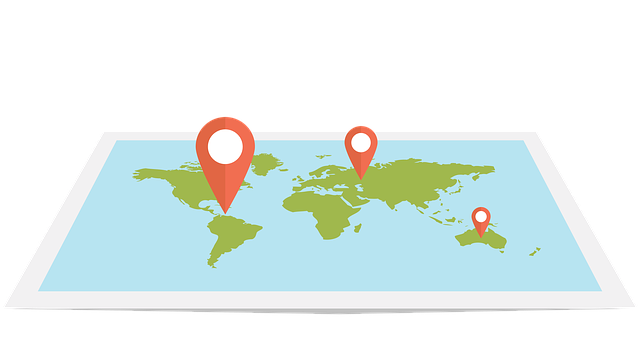
You can find various tools on the Internet that show the ecological forecast, depending on where you live. In addition, you can also find space weather, which gives us daily reports of solar and auroral activity, news of meteor showers, solar flares, auroras, asteroids. If you’re interested in such topics, you can also check out the dangers of flooding of coasts and coastal areas due to global warming.
Such information can be very useful for us, and it is easily accessible, because thanks to the search engine you will find it very quickly. Did you know that we have such information at our fingertips?
Another interesting thing to know is the existence of the Eco Calendar. Do you know what an Eco Calendar is? This type of calendar shows us all the events related to ecology, environmental protection, wildlife, and the natural environment around us.
The Eco Calendar is designed to explain the meaning of each holiday, and to help us understand the problems of pollution and threats to our planet. Especially for you, we will highlight some important days that are worth remembering.
January 24 – International Education Day. On this day we pay attention to the importance of education. This is a fairly new holiday, as the first Education Day was held in 2018. However, it is worth maintaining this tradition to remember that education helps bring peace to the world and enhances our development as humanity.
February 2 – World Wetlands Day. This day aims to raise awareness of wetlands, of which there are really a lot on our planet. The day therefore educates us in the context of protecting wetlands and their importance to our environment.
March 22 – World Water Day. The goal is to involve as many people as possible and spread awareness that access to clean water is a human right, many people do not have access to safe drinking water, and saving water is not enough. As humans, we share responsibility for this, so raising awareness of this aspect is very important in order to bring about some change.
April 01 – Energy Wasting Day. This is not April Fools’ Day, this day also has other, more important meanings. Energy Wasting Day is meant to encourage care for the environment, to pay special attention to the reckless and often thoughtless use of energy.
Second Saturday in May – World Fair Trade Day. WFTDay was established to promote the idea of responsible purchasing in the production, sale of food and other goods on a global scale. It is currently held every year on the second Saturday in May. It is celebrated around the world and takes a variety of forms. Nowadays, a lot of attention is focused on responsible shopping, and this day reminds us of this problem.
June 08 – World Oceans Day. It aims to draw special attention to the importance of the oceans for our lives. The day provides an opportunity to take action to protect wildlife and endangered habitats in the seas and oceans. The oceans are a large part of our planet, so we should responsibly take care of them.
July 11 – Population Day. This day aims to raise people’s awareness of population, the effects associated with population growth or decline, and other similar topics. Currently, according to 2021 statistics, there are nearly 8 billion people on Earth.
August 29 – Day of Opposition to Nuclear Testing. Not everyone knows that Nuclear Testing is very dangerous to our environment. This day is to raise awareness about this issue. It draws the world’s attention to the consequences of nuclear explosions, tests and accidents, and the need for a complete ban on the testing and use of nuclear weapons.
Third weekend of September – Clean Up the World. This very special event involves the collective cleaning up of garbage lying outside the places designated for storage. Its purpose is to increase the environmental awareness of society. People engage in actions to clean up various areas, thanks to this day our Earth becomes cleaner and less littered. Actually, there should be more such days.
October 16 – World Food Day. On this day, attention is paid to all aspects of food. How the production of certain foods is bad for the environment, the problem of hunger and lack of access to food and also the importance of healthy eating. This is a very important day, it is worth remembering this date.
November 25 – Day Without Fur. This day draws attention to the cruel treatment of animals to make clothes. For years, many people have rebelled against this and refused to use natural animal fur. It is worth raising awareness, because nowadays we do not need animal fur to survive, clothes created without harming animals are enough for all of us.
December 10 – Human Rights Day. At the end of the year we have a very important day that makes us aware of our rights and situations where human rights are violated. Each of us should have knowledge of this, because in various parts of the world unjust things are happening that we should actively fight against.
Did you know that we have so many wonderful and important days of the year? And that’s not all of them yet! So mark the ones that interest you on your calendar and become more conscious people who will change this world for the better!
If you want to know the dates of other environmental days, check out the Calendar of Global Environmental Events.
Perhaps you are not excited about Earth Day or any other holiday because you are not concerned about ecological issues. You feel that others care too much about it and don’t understand what all the fuss is about. If this is how you feel, it’s understandable – perhaps you have your own personal problems that take up most of your life energy.
But it’s worth realizing that ecological concerns are just as important, and it’s better not to downplay their importance and pretend that nothing is happening. Lack of knowledge and ignorance are two various things. It is better not to be ignorant, because those, despite their knowledge, do not consider other people’s problems important.
And one should be aware that we all live together on this planet, both animals and humans. It is the people who have any power who bear the responsibility for life on Earth. To draw your attention to how important ecological concerns can be and what Earth Day is trying to convey, we will introduce you to the biggest environmental disasters. See what can happen when we are not careful and cautious enough.
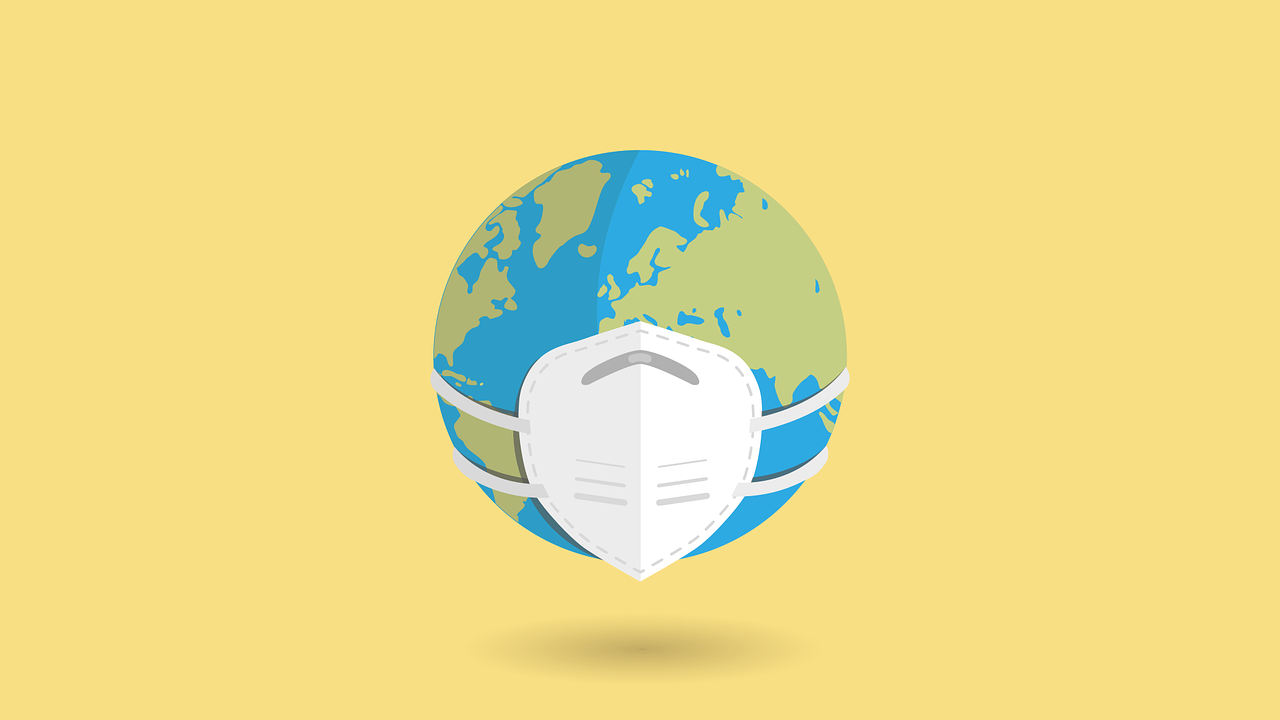
Annihilation of the Mayan Civilization – During the Middle Ages, overpopulation, environmental degradation, loss of environmental balance, and a series of prolonged periods of drought in the 9th century led to the collapse of one of the greatest pre-Columbian Mayan city-state civilizations in Mexico and Central America. Many scientists today tend to theorize that this is an example of an environmental disaster that brought down an entire civilization.
Destruction of an entire island – In the 18th century, Easter Island gave us an example of an ecological disaster, where the exploitation of limited non-renewable, and renewable resources contributed to the destruction of the island’s ecosystem. The demise of Rapa Nui was brought about by the inhabitants themselves, overexploiting the environment by completely cutting down the forests growing on the island. Deprived of forests, the land became exhausted and eroded. Plants and animals became irretrievably extinct, and food became scarce.
Great famine and the death of millions – In 1845, a potato disease brought to Ireland from the United States (potato blight) destroyed the harvest and led to the collapse of the agricultural ecosystem. The Irish population’s near-total dependence on this high-yielding crop led to the starvation of 1.5 million people out of a population of 8 million.
Pollution of the Sea – World War II polluted the Baltic Sea with chemical weapons and shipwrecks. When waging wars, a category such as environmental catastrophe recedes into the background. Using the Baltic Sea as an example, one can see how much damage was also done to nature as a result of World War II. After the Allied and Soviet armies entered Germany, large quantities of chemical weapons were discovered. Under the Potsdam Conference, the found weapons were decided to be sunk in the Baltic Sea.
Foul air causing death – One of the first environmental disasters caused by human industrial activity was the smog that engulfed London. In the first eight days, the toxic fog killed four thousand people, and in the following weeks eight thousand more.
You can see for yourself that not paying attention to environmental problems can have dire consequences. And these are just a few examples, there have been many more such ecological disasters over the centuries. That’s why nowadays there is so much talk about ecological concerns, people are wiser and more aware, so they don’t want to make the same mistakes.
Environmental disasters have you worried? Check out the Top 10 Countries To Live In.
In addition to just knowing about ecology and Earth Day events, it’s also useful to have a general knowledge of our planet. After all, this is where we live, so we should know at least the basic facts. And how much do you know about our planet Earth? With our Earth Day Quiz , you’ll be able to see if you know enough about it. But first, of course, we will analyze the topic ourselves and give you a chance to educate yourself. Therefore, stay with us and keep reading!
Earth is the third planet from the Sun and the only astronomical object known to harbor life. While large volumes of water can be found throughout the Solar System, only Earth sustains liquid surface water. About 71% of Earth’s surface is made up of the ocean, dwarfing Earth’s polar ice, lakes, and rivers. The remaining 29% of Earth’s surface is land, consisting of continents and islands.
Earth’s surface layer is formed of several slowly moving tectonic plates, interacting to produce mountain ranges, volcanoes, and earthquakes. Earth’s liquid outer core generates the magnetic field that shapes Earth’s magnetosphere, deflecting destructive solar winds.
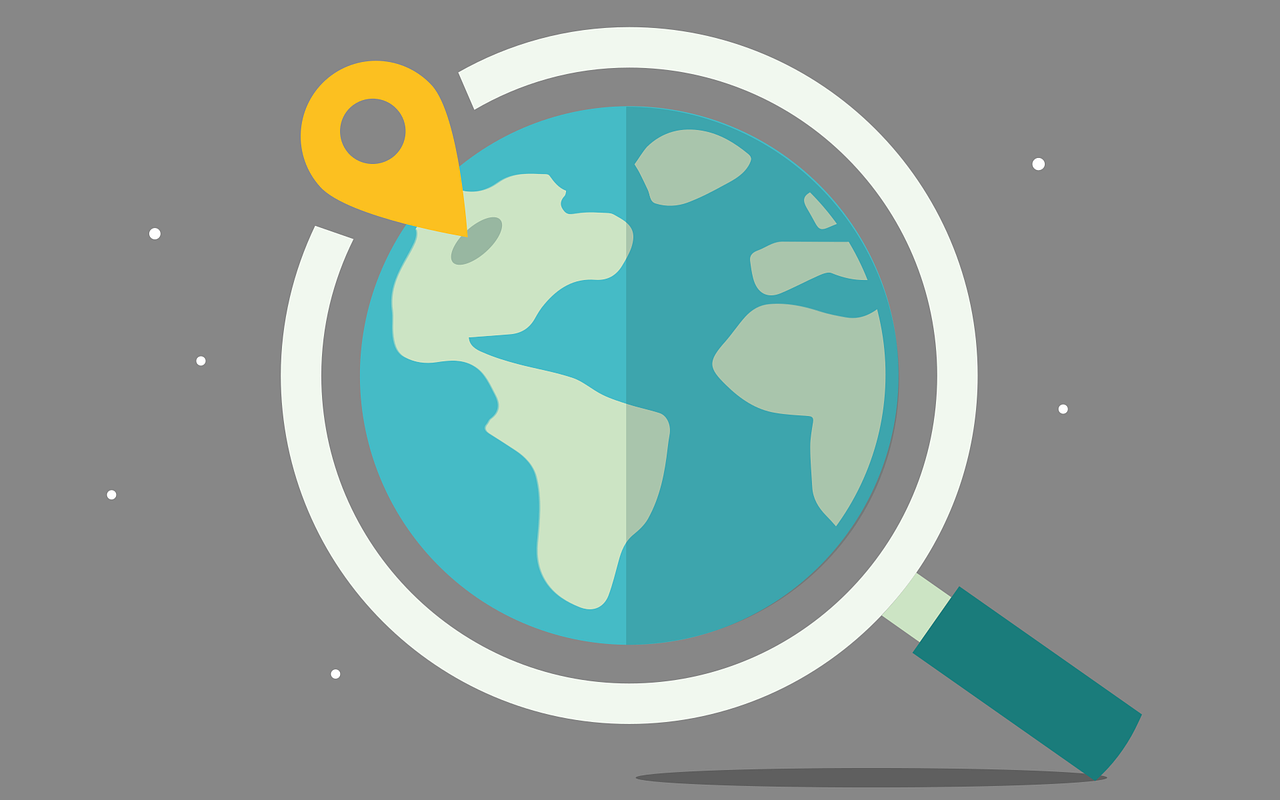
Earth’s atmosphere consists mostly of nitrogen and oxygen. More solar energy is received by tropical regions than polar regions and is redistributed by atmospheric and ocean circulation. Water vapor is widely present in the atmosphere and forms clouds that cover most of the planet.
Greenhouse gases in the atmosphere like carbon dioxide (CO2) trap a part of the energy from the Sun close to the surface. A region’s climate is governed by latitude, but also by elevation and proximity to moderating oceans. Severe weather, such as tropical cyclones, thunderstorms, and heatwaves, occurs in most areas and greatly impacts life.
Earth is an ellipsoid with a circumference of about 40,000 km. It is the densest planet in the Solar System. Of the four rocky planets, it is the largest and most massive. Earth is about eight light minutes away from the Sun and orbits it, taking a year (about 365.25 days) to complete one revolution. Earth rotates around its own axis in just less than a day (in about 23 hours and 56 minutes).
Earth’s axis of rotation is tilted with respect the perpendicular to its orbital plane around the Sun, producing seasons. Earth is orbited by one permanent natural satellite, the Moon, which orbits Earth at 380,000 km (1.3 light seconds) and is roughly a quarter as wide as Earth. The Moon always faces the Earth on the same side through tidal locking and causes tides, stabilizes Earth’s axis, and gradually slows its rotation.
Earth formed over 4.5 billion years ago. During the first billion years of Earth’s history, the ocean formed, and then life developed within it. Life spread globally and began to affect Earth’s atmosphere and surface, leading to Earth’s Great Oxidation Event two billion years ago. Humans emerged 300,000 years ago, and have reached a population of almost 8 billion today.
Humans depend on Earth’s biosphere and natural resources for their survival but have increasingly impacted Earth’s environment. Today, humanity’s impact on Earth’s climate, soils, waters, and ecosystems is unsustainable, threatening people’s lives and causing widespread extinction of other life.
How much do you know about our planet Earth? Our Earth Day Quiz will test your knowledge in this aspect. If you’ve read this text carefully, you will surely be able to score some points in our quiz! Answer twenty questions and see in which direction you should expand your knowledge about our only home! Good luck and have fun.
Looking for similar quizzes? Take these – the Geography Quiz, The Map Test or the Countries Of The World Quiz!